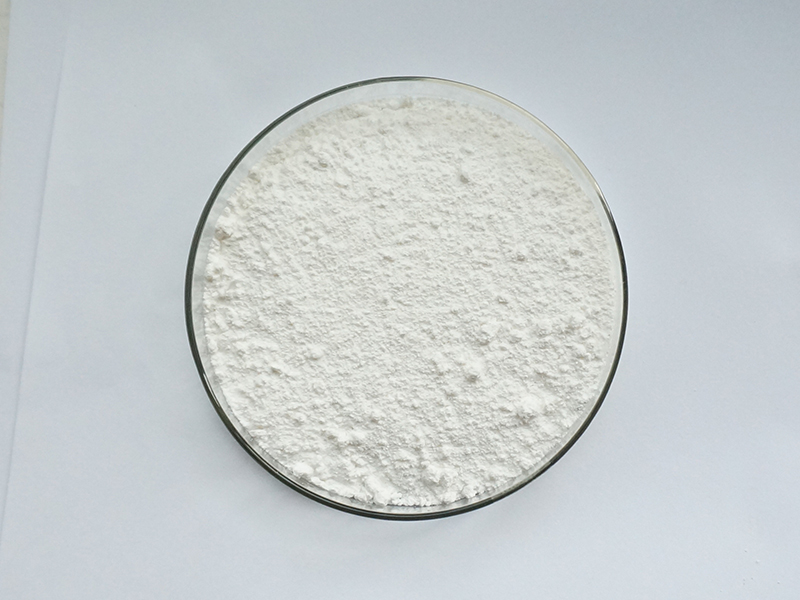Zinc gluconate is a dietary supplement that contains zinc, an essential mineral that plays a crucial role in various physiological functions in the body. Zinc is important for the proper functioning of the immune system, wound healing, DNA synthesis, and the maintenance of a sense of taste and smell.
Gluconate is a salt derived from gluconic acid, and it is commonly used as a delivery form for zinc supplements. The combination of zinc with gluconate is believed to enhance the absorption of zinc in the digestive system.
Zinc gluconate is available in various forms, such as tablets, capsules, and lozenges, and is often used to address zinc deficiencies or to support overall health. It is important to note that while zinc is essential for health, excessive intake can lead to adverse effects. Therefore, it’s advisable to consult with a healthcare professional before taking zinc supplements, especially in high doses or for extended periods. Dietary sources of zinc include meat, dairy products, nuts, seeds, and legumes.
Zinc gluconate is a dietary supplement that contains zinc, an essential mineral that plays a crucial role in various physiological functions in the body. Zinc is important for the proper functioning of the immune system, wound healing, DNA synthesis, and the maintenance of a sense of taste and smell.
Gluconate is a salt derived from gluconic acid, and it is commonly used as a delivery form for zinc supplements. The combination of zinc with gluconate is believed to enhance the absorption of zinc in the digestive system.

How to use Zinc Gluconate?
Zinc gluconate is a form of zinc, a mineral that plays a crucial role in various physiological processes in the body, including immune function, wound healing, and DNA synthesis. It is commonly used as a dietary supplement. Here are some general guidelines on how to use zinc gluconate:
1.Dosage: The recommended dosage of zinc gluconate can vary depending on age, sex, and health condition. It’s important to follow the specific guidelines provided by your healthcare provider or the product label. The typical daily intake for adults is around 11 mg for males and 8 mg for females.
2.Form of Supplement: Zinc gluconate is available in various forms, such as tablets, capsules, and lozenges. Choose the form that is most convenient for you. If you have difficulty swallowing pills, you may prefer a chewable or liquid form.
3.Timing: Zinc supplements are often recommended to be taken with food to enhance absorption and reduce the risk of stomach upset. However, some forms of zinc, such as zinc lozenges, may be taken without food.
4.Interactions: Zinc can interact with certain medications and other minerals, such as copper and iron. If you are taking any other medications or supplements, consult with your healthcare provider to avoid potential interactions.
5.Duration: It’s essential not to exceed the recommended daily intake of zinc, as excessive intake can lead to toxicity. Long-term use of high doses of zinc may interfere with the absorption of other minerals. If you’re using zinc for a specific health concern, follow your healthcare provider’s recommendations regarding the duration of supplementation.

6.Common Uses:
Immune Support: Zinc is known to support the immune system. Some people take zinc supplements to help reduce the duration and severity of colds.
Wound Healing: Zinc is essential for wound healing and tissue repair. It plays a role in collagen formation.
Skin Health: Zinc may be beneficial for various skin conditions, including acne.
7.Side Effects: While zinc is generally safe when taken at recommended doses, excessive intake can lead to nausea, vomiting, loss of appetite, and other symptoms. If you experience any adverse effects, discontinue use and consult with a healthcare professional.
Always consult with a healthcare provider before starting any new supplement regimen, especially if you have existing health conditions or are taking other medications. They can provide personalized advice based on your individual needs and health status.
